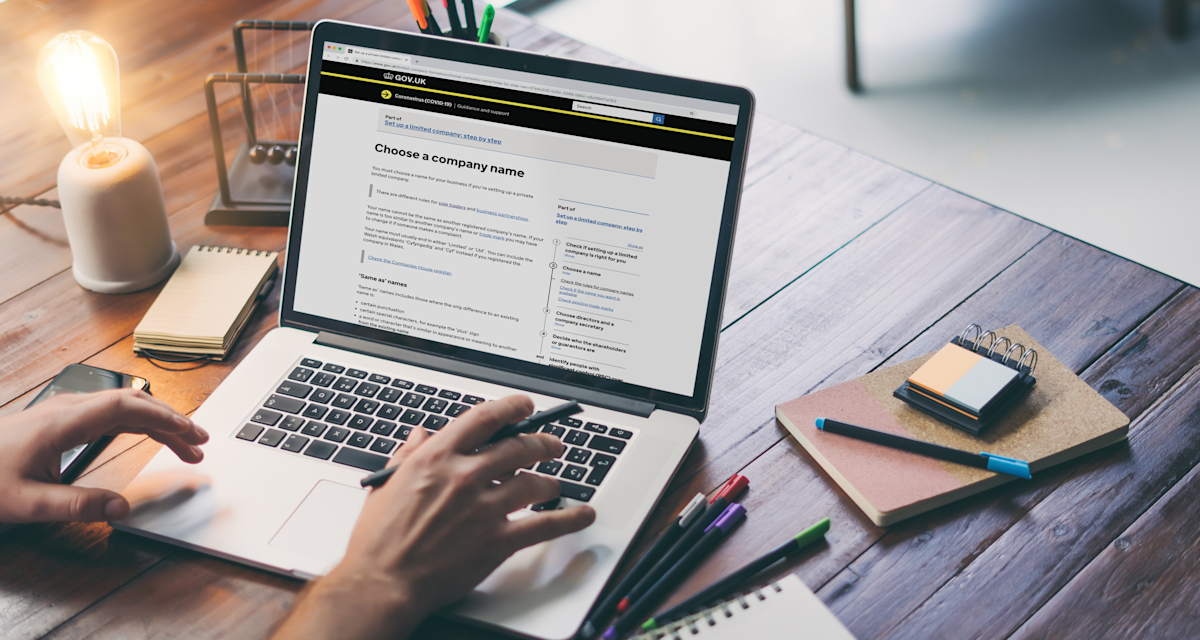Corporation Tax
The one tax that limited companies have to pay but others do not, is Corporation Tax. Unlike sole traders, limited companies don’t pay income tax or direct national insurance (see ‘Employers’ National Insurance Contributions’, below). Instead, they pay a tax based on their business profits minus any allowable expenses and salaries. This is known as Corporation Tax.
When should you pay?
As part of your annual, year-end tax return, you’ll need to submit a CT600 form to HMRC. This online form will detail your company profits, expenses and salaries and will tot up how much Corporation Tax you owe. This is currently set at 19% of your net profits.
After your submission, you’ll then have 9 months and 1 day to pay HMRC what you owe.
Value added tax (VAT)
Companies likely to turnover £90,000 or more in a year must be VAT registered. If your turnover is less, you can register voluntarily, if you feel it’s right for your business. Either way, if your business is registered for VAT, you’ll need to be prepared to pay what you owe.
When should you pay?
Your VAT bill is due quarterly (every 3 months) from the date of your company’s registration. VAT returns must be submitted, and monies owed paid to HMRC no later than 37 days before the end of each quarter. Even if you have no VAT to pay or reclaim that quarter, you must still submit a quarterly VAT return, if you’re registered.
Your VAT bill will be the total amount of VAT charged to your customers, usually at the standard rate of 20%, minus any VAT payments that the company has spent on itself. HMRC has a handy VAT calculator to help.
Employers’ National Insurance contributions
Whether you’re a limited company or not, if you employ staff (even if that’s just you, as a Director) you’ll need to pay HMRC your NIC payment.
As most of us will be all too familiar with, our personal NI payments are deducted automatically from our monthly pay packet through PAYE. It’s these deductions that need to be passed on to HMRC by the employing company.
Businesses pay 13.8% in NICs for employees with earnings above £9,568 per year in 2021-22. However, you may be able to reduce your NICs by up to £3,000 if the business is eligible for Employment Allowance. This was launched in April 2014 with an aim to help small businesses recruit more staff. From April 2020, only organisations with NICs of less than £100,000 will be eligible.
When should you pay?
These NIC calculations should be handled when you run your payroll (usually monthly), and you should send the pay data to HMRC before you or your staff get paid. The taxes for that payroll run (such as PAYE income tax and National Insurance) are due by HMRC between the 6th and 22nd of the following month.
Other taxes
While Corporation Tax, VAT and Employer National Insurance contributions are the three biggest taxes owed by limited companies, there are others to stay on top of. For example, directors of limited companies will also need to settle their personal tax obligations on top of this via a Self-Assessment tax return submitted to HMRC each year.
HMRC is your first stop if you would like more information. The HMRC website is packed with help and advice that comes straight from the official source, so you know you’re in good hands. A local accountant can also be really useful, particularly if you’re just starting out. Whether you have a one-off meeting or hire them on an ongoing basis, they can help navigate your company’s tax payments.







